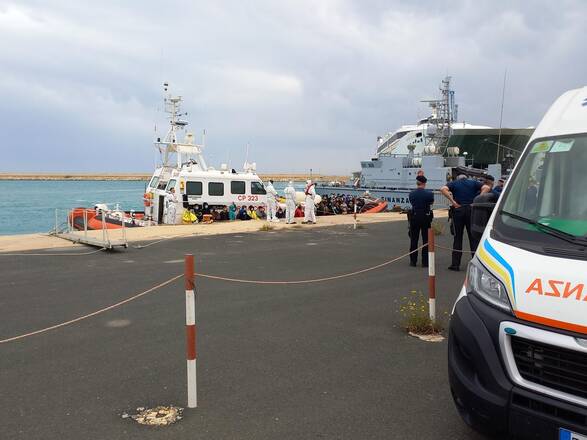Migrants: Save The Children, EU protects minors
Not just Ukrainians. Rejections and violence for those arriving
17 June, 09:29"These videos, combined with the detailed, empathetic and shocking account of the journey that Javed gave us," Save The Children points out, "are vital documents for fixing the atrocity of the journeys of unaccompanied minors and families in the midst of the 21st century. His long tale from Afghanistan to Italy passes through Pakistan, Iran, Turkey, Bulgaria (as many as 23 attempts were made to cross the Bulgarian border, meaning entry into the European Union), Serbia, Bosnia, Croatia, Slovenia, Italy." Rejections do not occur upon entry into Italy in and around Trieste, but are still recorded at the borders with France: the Save the Children research team collected direct evidence of differential treatment depending on the places of transit. In Claviere, an unaccompanied minor is more likely to be admitted by presenting himself directly to the French border police; in Menton, on the other hand, the police practice of changing the date of birth to make the person appear to be of age and therefore deportable through the refus d'entrée, the travel warrant, is still reported. In any case, while the French border still remains permeable, access from Italy to Switzerland and Austria remains virtually insurmountable. The border at Ventimiglia, for the organization, continues to be one of the worst places for a migrant, a human rights shadow cone and a business zone for traffickers. "We call on European institutions and member countries to have an unequivocal voice on the protection of minors," explains Raffaela Milano, Director of Save the Children's Italy Europe programs, adding, "We ask European governments to refrain from using practices that mistakenly distinguish between categories of refugees," and "we believe it is essential," Milano concludes, "to adopt border monitoring systems that also allow for the prosecution of cases of human rights violations." (ANSA).














